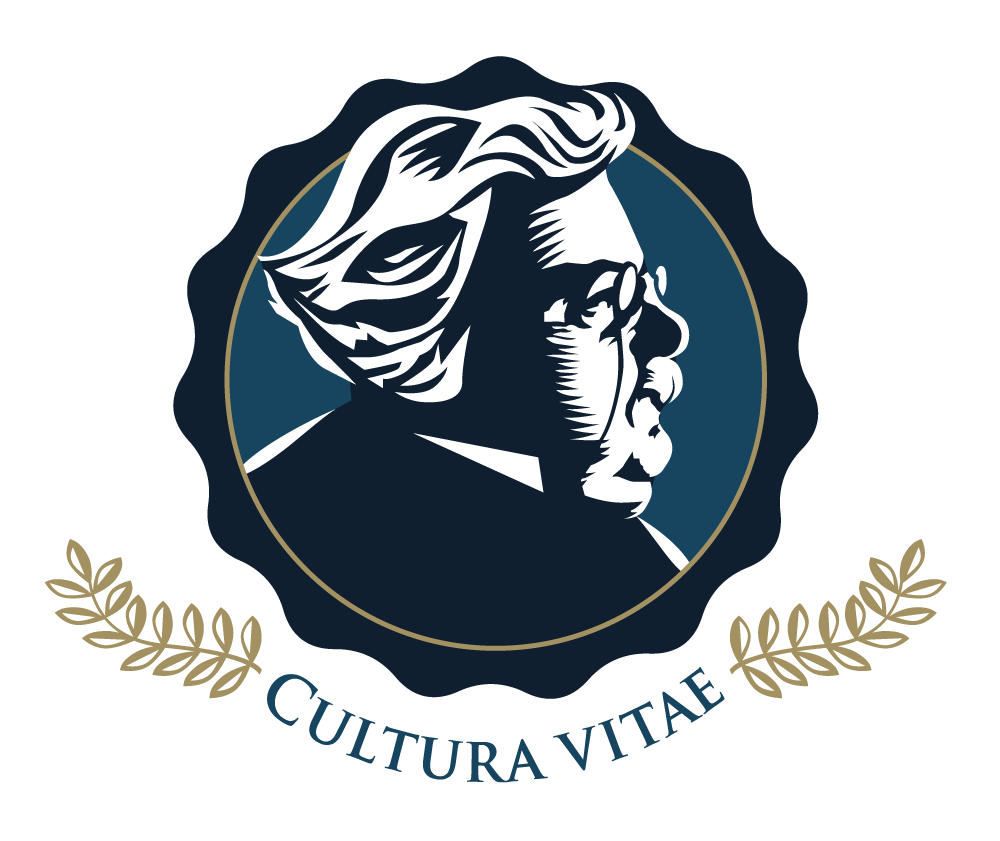Getting to Know the Headmaster - Part 5: Euclid
God the Geometer
Why I Love Euclid
I did not encounter Euclid until I was thirty-three years old and teaching at Thomas Aquinas College in California, a Catholic liberal arts college in the Great Books tradition. At TAC, all the students follow the same four-year curriculum—there are no majors or minors—and the teachers are likewise expected to work their way through the entire curriculum regardless of the field in which they did their undergraduate and graduate studies. So, when I interviewed at TAC, one of the founders of the college, Dr. Ronald McArthur, who was also the President, asked whether I would be willing to teach mathematics, especially Euclid’s Elements. Not having studied geometry since high school, I was puzzled as to why he would want me to teach something about which I knew almost nothing. “You know how to read a great book, don’t you?” he asked. “I think so,” I replied hesitatingly. “Well, then you’ll do fine,” he said, patting me on the back and concluding the conversation. And much to my surprise, what began for me as a rather awkward “arranged marriage” with Euclid, very quickly grew into a great love.
As my students and I worked through the text of the Elements, I discovered that Euclid is a wonderful antidote to skepticism. If you faithfully follow the steps that Euclid systematically places before you, you will experience what it means to know with certitude. Indeed, Euclid demonstrates with great clarity that one can reason from that which is grasped immediately (self-evident first principles) to that which was previously unknown but can now be proven. Rather than memorize the conclusions discovered by others without knowing what causes those conclusions to be true—what Plato calls “right opinion”—the student of Euclid acquires genuine knowledge because—as Plato explains in the Meno—he can “tether” those conclusions by means of the definitions, postulates, and common notions from which those conclusions necessarily follow.
It is no wonder, then, that tradition tells us the door of Plato’s Academy was engraved with these words: “Let No One Ignorant Of Geometry Enter Here.” Plato recognized that geometry has the capacity to draw souls to higher truths because it trains the mind to move from a consideration of particulars to the knowledge of what is universal. After all, if one can demonstrate what is universally true about triangles, then one can have good reason to hope that universals such as the good, the true, and the beautiful can also be grasped.
Modern geometry textbooks are no substitute for Euclid’s Elements because those textbooks give students true opinion, but they do not require students to know what causes those opinions to be true. For example, they simply give the students as axioms four ways to know that triangles are equal (SAS, SSS, ASA, and AAS), whereas Euclid actually demonstrates what causes triangles to be true and shows that there is a necessary order among the four ways that the modern textbooks indiscriminately provide without explanation. Euclid’s approach is different because he studies geometry as a liberal art rather than a utilitarian enterprise for which “right opinion” is sufficient for getting the job done. In a word, Euclid introduces students to the joy of knowing for its own sake.
The Book of Wisdom teaches that God, the divine Geometer, has “disposed all things by measure and number and weight" (11.20). Hence, when we study the nature of quantitative being, we come to know something of the mind of God Himself who has given us the means to discover the order He has created. And when a student masterfully demonstrates a Euclidean proposition, and it is evident from the clarity of his speech and the rigor of his argument that he truly understands what he is proving, anyone observing the proof who also understands it experiences a special kind of pleasure that comes from the recognition that he shares with the demonstrator the same knowledge of the inherent beauty and order of the mathematical objects and their properties. For God is the author of all order and genuine knowledge, and so when two minds grasp the same eternal truth, there is something trinitarian in the experience that makes us friends with each other and with God Himself. And then we can happily proclaim with poet, Edna St. Vincent Millay:
Euclid alone has looked on Beauty bare.
Let all who prate of Beauty hold their peace,
And lay them prone upon the earth and cease
To ponder on themselves, the while they stare
At nothing, intricately drawn nowhere
In shapes of shifting lineage; let geese
Gabble and hiss, but heroes seek release
From dusty bondage into luminous air.
O blinding hour, O holy, terrible day,
When first the shaft into his vision shone
Of light anatomized! Euclid alone
Has looked on Beauty bare. Fortunate they
Who, though once only and then but far away,
Have heard her massive sandal set on stone.

